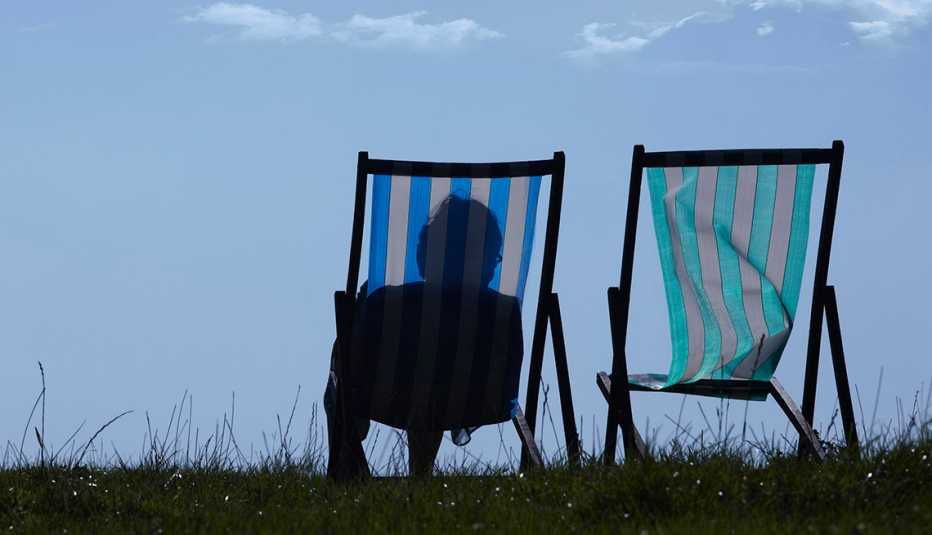AARP Hearing Center
Death has never been easy to talk about in our culture, but COVID-19 has thrust the taboo subject into the spotlight.
And some groups, called death cafés, are making it less fraught to discuss topics around dying, including fears, spirituality and ethics. With more than 400,000 Americans dead from the coronavirus, mortality is something that is on many people's minds — whether they're having a direct experience with it or not.
With tea and cake or other treats, death cafés — in 73 countries and now mostly virtual — are open to anyone interested in delving into the issue of mortality. With no agendas, only unstructured conversation, their objective is to increase awareness of death in a supportive way while helping people make the most of their lives.
Find a Local Death Café
These nonprofits are established to help people talk about death and dying in a supportive, unstructured way (typically, in person, but during COVID-19, most gatherings are being held virtually). The goal, according to the organization's website is to “increase awareness of death with a view to helping people make the most of their (finite) lives.” Death cafés have been held in 75 countries, and people are encouraged to start their own, based on these guidelines. To find one near you, visit the organization's website and use its locator tool.
"The need for talking about death is not greater because of COVID, because death is something that has always been natural and true,” says Viviana Rose, 55, of Austin, Texas. “But our awareness level, because of the situation, is more acute."
Rose learned of the cafés years ago, in an article about one in Thailand, and thought they were “tailor-made” for her. Raised in a fundamentalist church, “whose ideology,” she says, “rendered me extremely afraid of death at almost pathological levels,” she found a café near her home (then in upstate New York) and has been attending one ever since.
These groups help participants address the fear of death, “not in the pursuit of a cure,” Rose explains, “but in pursuit of growth — in our ability and maturity to grapple with this reality. This is not something we can eradicate or escape. In the cafés we help one another learn how to handle this better."
A healthy way to talk about death
Death and grieving expert David Kessler, author of Finding Meaning: The Sixth Stage of Grief, has been immersed in conversations about the subject for decades. He has written many books, two of them cowritten with the late Elisabeth Kübler-Ross, one of the world's foremost authorities on the psychology of dying.
"The fear of death is our primal fear, and COVID goes to our primal fear,” Kessler says.
That fear spawned a field of study called thanatology, which examines death and dying from multiple perspectives, including medical, physical, psychological, spiritual and ethical.
Kessler was in the middle of a 30-city book tour last spring when stay-at-home orders sent him back to Los Angeles, where he started a Facebook group for people to talk about COVID-19 and death (find the link at grief.com). A thousand people joined the group the first day. Thousands more have joined since.




































































